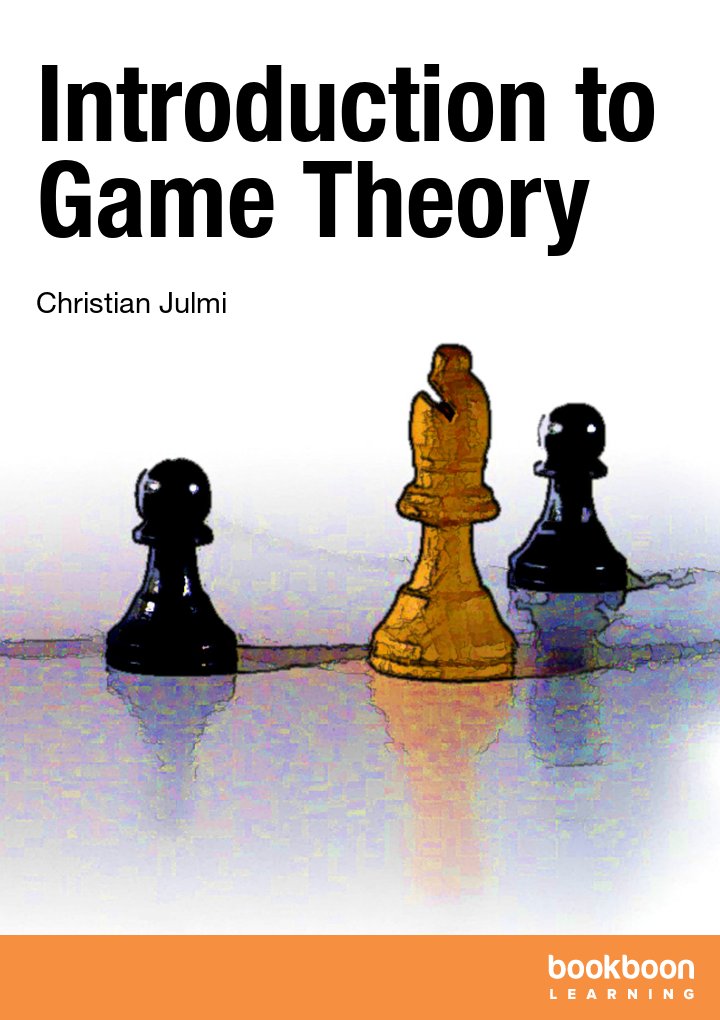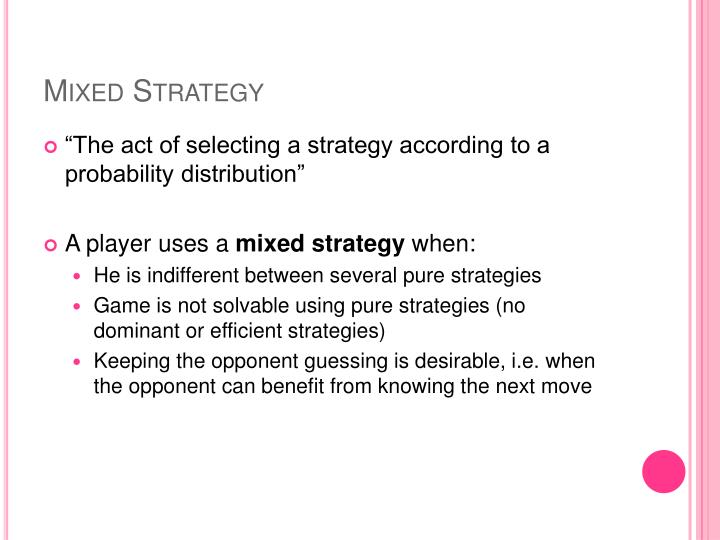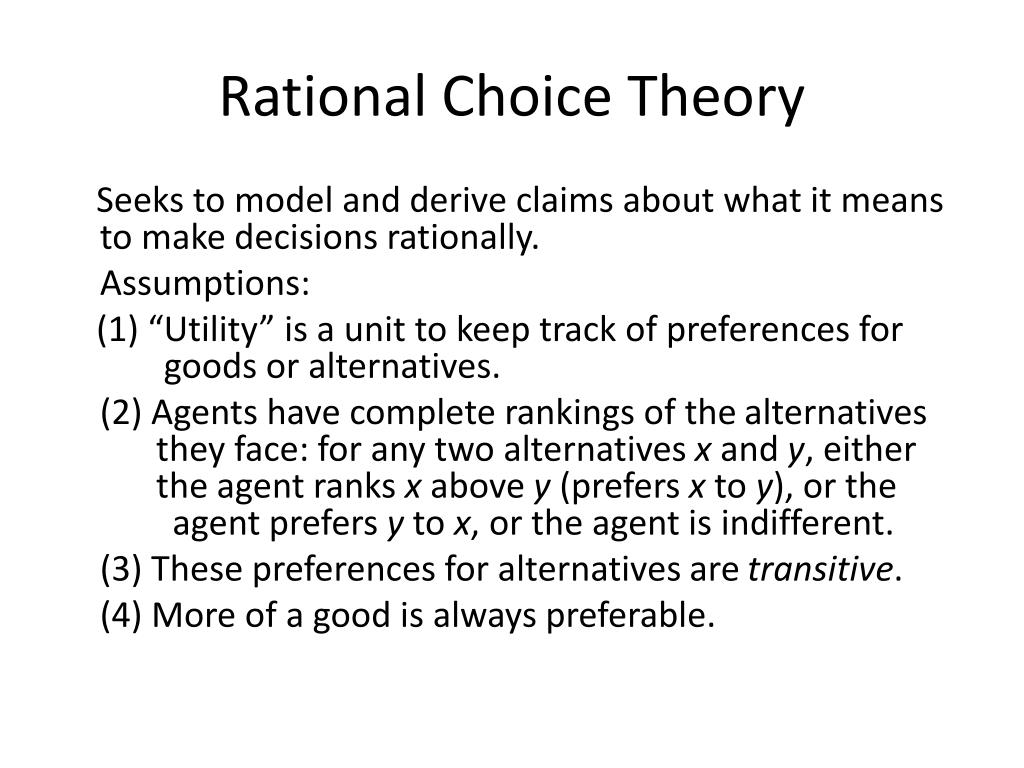Game Theory Presentation
| Introduction to Game Theory | ||
|---|---|---|
| Game Theory is a branch of mathematics that studies strategic decision-making. It analyzes the behavior of individuals or groups when they interact with each other. Game Theory is used in various fields, including economics, political science, and biology. | ||
| 1 | ||
| Key Concepts | ||
|---|---|---|
| Players: Participants in a game who make decisions that affect the outcome. Strategies: Courses of action chosen by players to achieve their objectives. Payoffs: Rewards or penalties associated with different outcomes of the game. | ||
| 2 | ||
| Types of Games | ||
|---|---|---|
| Normal Form Games: Players choose their strategies simultaneously. Extensive Form Games: Players make decisions sequentially, taking into account previous choices. Cooperative Games: Players can form alliances and cooperate to maximize their joint payoff. | ||
| 3 | ||
| Nash Equilibrium | ||
|---|---|---|
| Nash Equilibrium is a concept in Game Theory where no player has an incentive to change their strategy unilaterally. In Nash Equilibrium, each player's strategy is the best response to the strategies chosen by others. Nash Equilibrium provides a stable outcome in non-cooperative games. | ||
| 4 | ||
| Prisoner's Dilemma | ||
|---|---|---|
| Prisoner's Dilemma is a classic example of a non-cooperative game. It demonstrates how individual rationality can lead to a suboptimal outcome for both players. In the Prisoner's Dilemma, cooperation is not the dominant strategy, leading to a "dilemma" for the players. | ||
| 5 | ||
| Zero-Sum Games | ||
|---|---|---|
| Zero-Sum Games are games where the total payoff is constant, meaning one player's gain is another player's loss. Examples of Zero-Sum Games include chess and poker. In Zero-Sum Games, the total payoff remains constant regardless of the strategies chosen. | ||
| 6 | ||
| Mixed Strategies | ||
|---|---|---|
| Mixed Strategies involve players randomly selecting strategies based on probabilities. By using mixed strategies, players can introduce uncertainty into the game and potentially achieve better outcomes. Mixed strategies are often used in games with incomplete or imperfect information. | ||
| 7 | ||
| Applications of Game Theory | ||
|---|---|---|
| Economics: Game Theory is widely applied in economics to study market behavior, pricing strategies, and competition. Political Science: Game Theory helps analyze voting behavior, negotiation strategies, and international relations. Biology: Game Theory is used to study evolutionary dynamics, animal behavior, and population dynamics. | ||
| 8 | ||
| Limitations of Game Theory | ||
|---|---|---|
| Assumption of Rationality: Game Theory assumes that players are perfectly rational, which may not always reflect real-world behavior. Complexities: Some games involve a large number of players and complex strategies, making analysis challenging. Lack of Information: Incomplete or imperfect information can make it difficult to predict outcomes accurately. | ||
| 9 | ||
| Conclusion | ||
|---|---|---|
| Game Theory provides a powerful framework for analyzing strategic decision-making. It helps us understand how individuals or groups interact and make choices. By studying Game Theory, we can gain insights into various fields and improve decision-making processes. | ||
| 10 | ||









